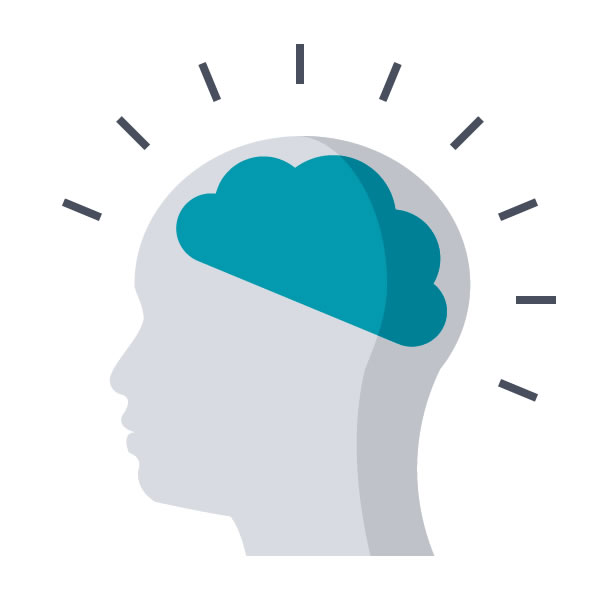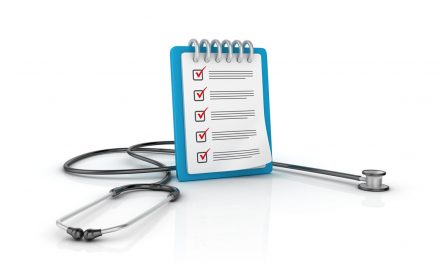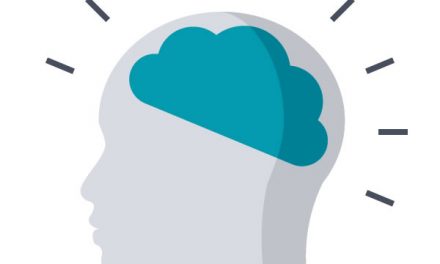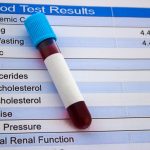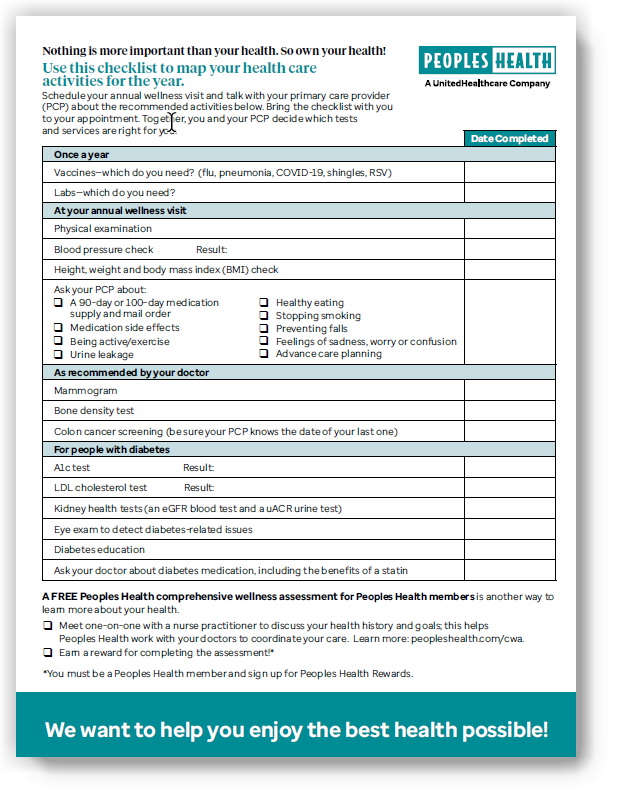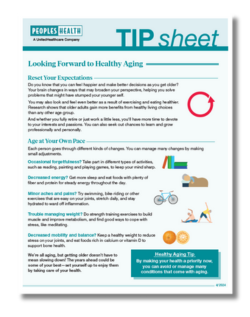Our brains take in information and help us make sense of the world around us. But aging, some medical conditions and diet can affect our brain’s health. It’s important to understand both how the brain works and the things you can do to have a healthy brain.
How the Brain Works
We use what’s called cognitive skills to carry out even the simplest tasks. These skills are how the brain learns, stores, processes, recalls and shares information. In other words, we use them to think, read, remember, reason and pay attention.
When we learn new things or have new experiences, our brain cells create pathways and communicate with other areas of the brain. These pathways make up the brain’s memory and ability to think. When we don’t learn new things for long stretches of time, our brain slows down.
BRAIN SKILLS
- Attention
- Ability to plan, reason, make choices and finish tasks
(called “executive functioning skills”) - Language
- Memory
- Perception (making sense of sensory signals, such as
smell, touch, taste, hearing, etc.) - Motor skills (ability to move our bodies and handle
objects) - Thought
- Remembered skills (like driving and riding a bike)
How Growing Older Affects Our Brains
We might become more easily distracted as we grow older. Aging brain cells may even cause dementia. Unlike being occasionally forgetful, people with dementia have difficulty every day with thinking and memory. Obesity and prolonged stress may affect brain health. So can the following health conditions, which could reduce blood flow to the brain. Lightheadedness and fainting are symptoms when the brain doesn’t get enough blood.
- Diabetes
- Heart disease
- High blood pressure
- High cholesterol
- Atherosclerosis (hardening of the arteries)
- Transient ischemic attack (warning strokes)
Work with your doctor if you have these conditions to keep them under control.
SIMPLE THINGS TO DO TO HELP KEEP YOUR MIND SHARP
Think about what you eat.
Foods for the Brain
Certain foods are considered “brain foods,” meaning they are especially good for brain health. Try adding some of the following to your daily diet.
Omega-3 Fatty Acids
- Shellfish and shrimp
- Canola, flaxseed, soybean and olive oil
- Walnuts, flaxseeds and olives
Vitamins B-12, B-6 and Folate
- Lean meats, chicken, fish, cheese and milk
- Whole and fortified grains
- Dark green vegetables, asparagus and lima beans
- Oranges and blueberries
Antioxidants (Vitamins E and C)
- Egg yolks and vegetable oils
- Wheat germ, whole grains, seeds and nuts
- Citrus fruits, kiwis and strawberries
- Broccoli, Brussels sprouts and cabbage
- Tomatoes, potatoes and peppers
Foods to Avoid
Other foods can actually hurt brain function. Avoid or limit the following:
Saturated Fat and Trans Fatty Acids
- Fatty meats
- Dairy products
- Processed foods (like french fries)
- Margarine
Hydrogenated and Partially Hydrogenated Oils
Be Active!
Walking is a great, low-impact exercise, because it:
- Improves memory and mental function
- Improves abstract reasoning, the ability to learn and concentration
- Decreases risk of stroke
Remember, always discuss a new fitness routine with your doctor.


